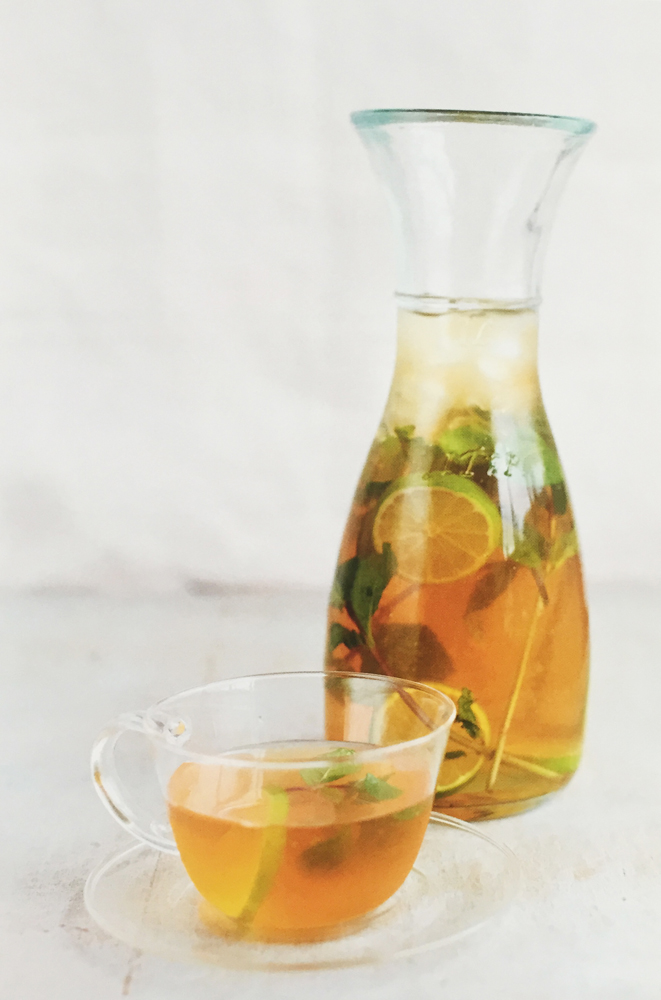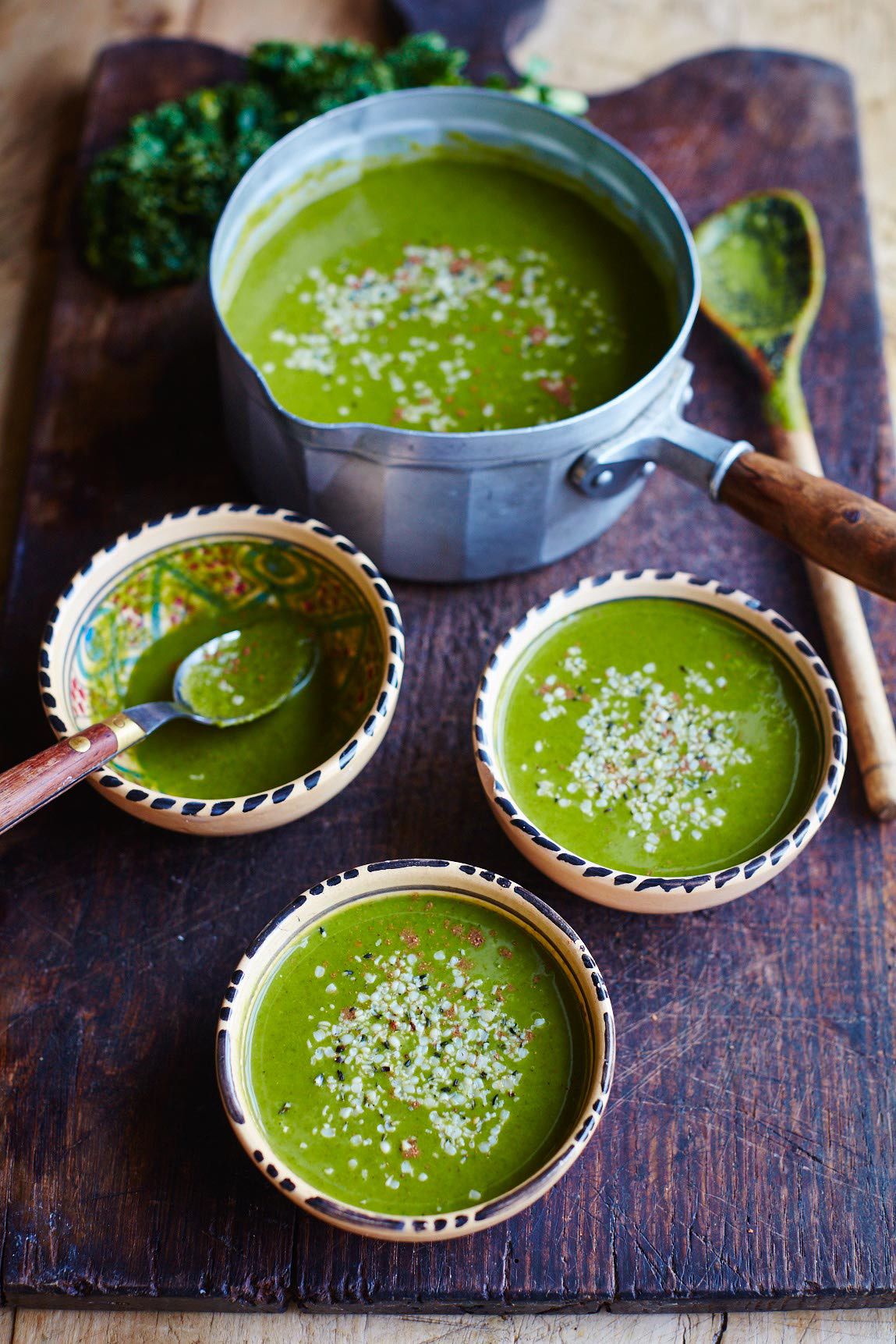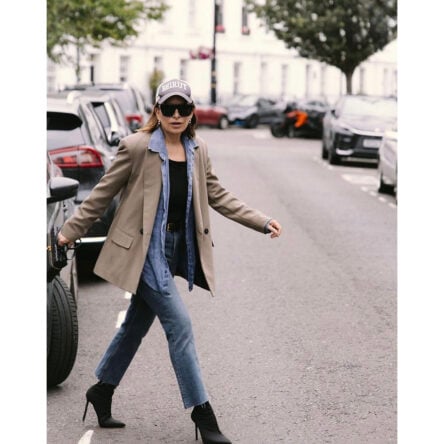
Getting a good night’s sleep might seem as simple as going to bed at a decent time and closing your eyes. But if you’re finding that your nights are unsettled, or you’re struggling to fall asleep, you’re not alone. As many as one in three of us experience insomnia in our lifetimes, which can seriously impact our day to day lives. So how much does diet impact our sleep quality? In short, a lot! Of course, improving your overall sleep means working on your routine and making sure you have a consistent (and sensible) bedtime, you’re putting your phone well away from you and winding down for an hour or so before hitting the sack. But eating the right foods (and avoiding the wrong ones) before bedtime can also make an impact. I spoke to nutritionist Kim Pearson about what to keep and delete from your pre-bedtime routine.

First thing’s first, stop rethink your drink. “We all love a cup of coffee in the morning, but your caffeine habit might be stopping you from getting a good night’s sleep” says Kim. “Gradually reduce your caffeine intake throughout the day, and have your last cup of tea or coffee no later than lunchtime.”
Instead, think about switching for a sleep-boosting tea before bed as part of your wind-down routine.
And as for foods? “Try to time your evening meal at least four hours before bedtime, and make sure it is free from starchy carbs like pasta and bread, which can cause a peak in sugar levels and a ‘sugar crash’ in the night, which can disrupt your sleep,” says Kim. There are some foods that can actually aid sleep, however. “The amino acid tryptophan boosts serotonin, which converts into melatonin, the sleep-inducing hormone. So, including foods that boost its production are a good idea,” says Kim.
THIS POST CONTAINS AFFILIATE LINKS

Foods to Help You Sleep
Almonds
Almonds are rich in the amino acid tryptophan, so if you find yourself needing a little snack in the hours before bedtime, a handful of almonds might be the way to go.
Eggs
Eggs and kiwi are both good for boosting seratonin, and my kiwi pancakes recipe contains both.
Peppermint
Peppermint tea not only helps to aid digestion so that a grumbling tummy won’t keep you awake, it is also a relaxant so may help you to drift off to sleep more peacefully.
Kale
Magnesium is a well-known sleep aid and kale is a great source. Try my kale soup recipe for a healthy evening meal that just might help you get a better night’s sleep.
Turkey
This lean protein contains amino acid tryptophan, which increases melatonin production to help you get off to sleep. It is also thought that eating protein before bedtime can help aid sleep.
However, it’s also worth considering a supplement to boost your melatonin production. “The problem with tryptophan when consumed in food is that it competes with other amino acids in the protein,” says Kim. “A 5HTP supplement with a carb snack is the best way to consume tryptophan for therapeutic effect.”
For healthy recipe ideas for all of the foods mentioned above, check out my book Eat Beautiful. And share your sleep-boosting recipes with me on Instagram!
READ NEXT: My Guide to Better Sleep | The Coolest Sleepwear Brands
© Wendy Rowe. All Rights Reserved.












